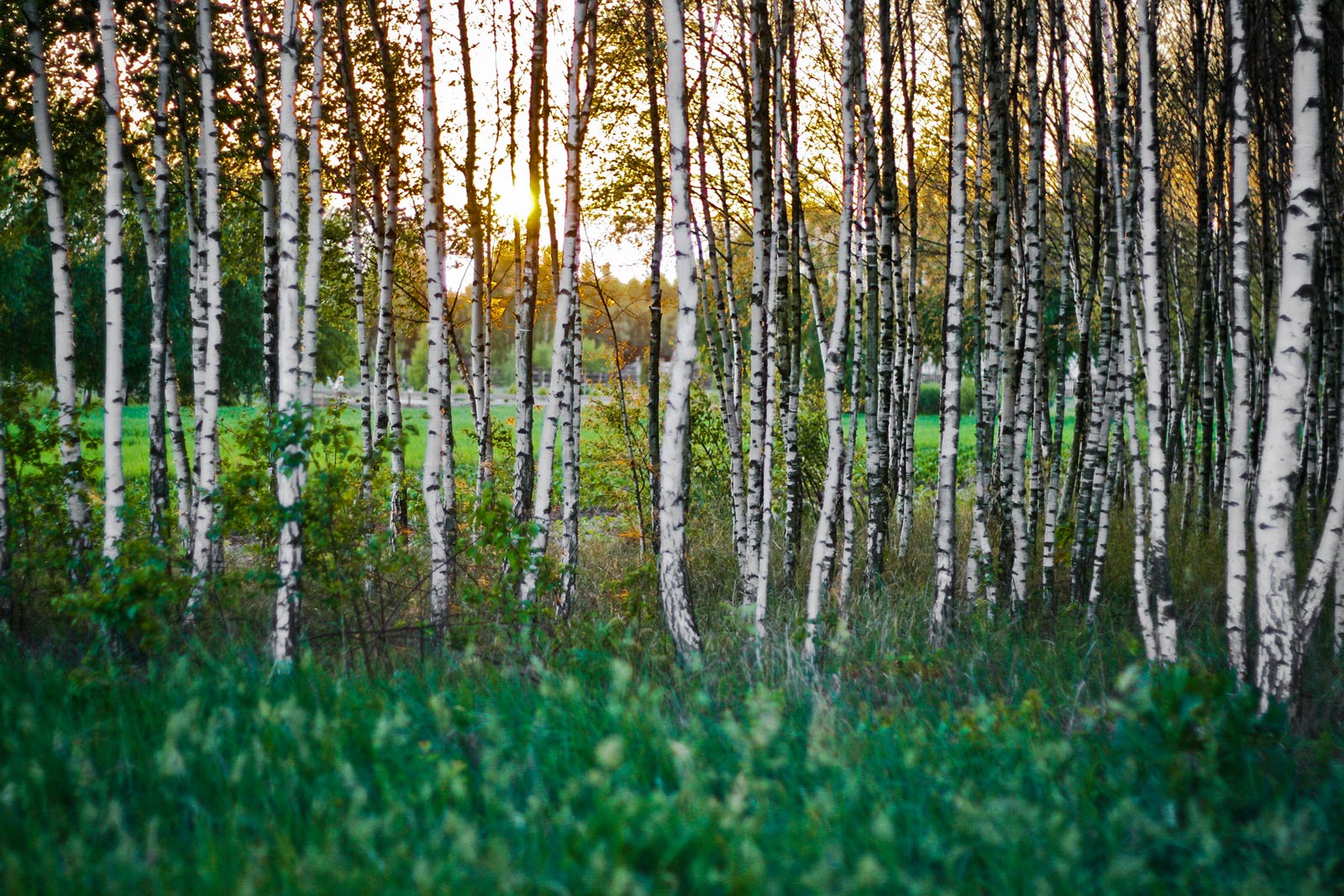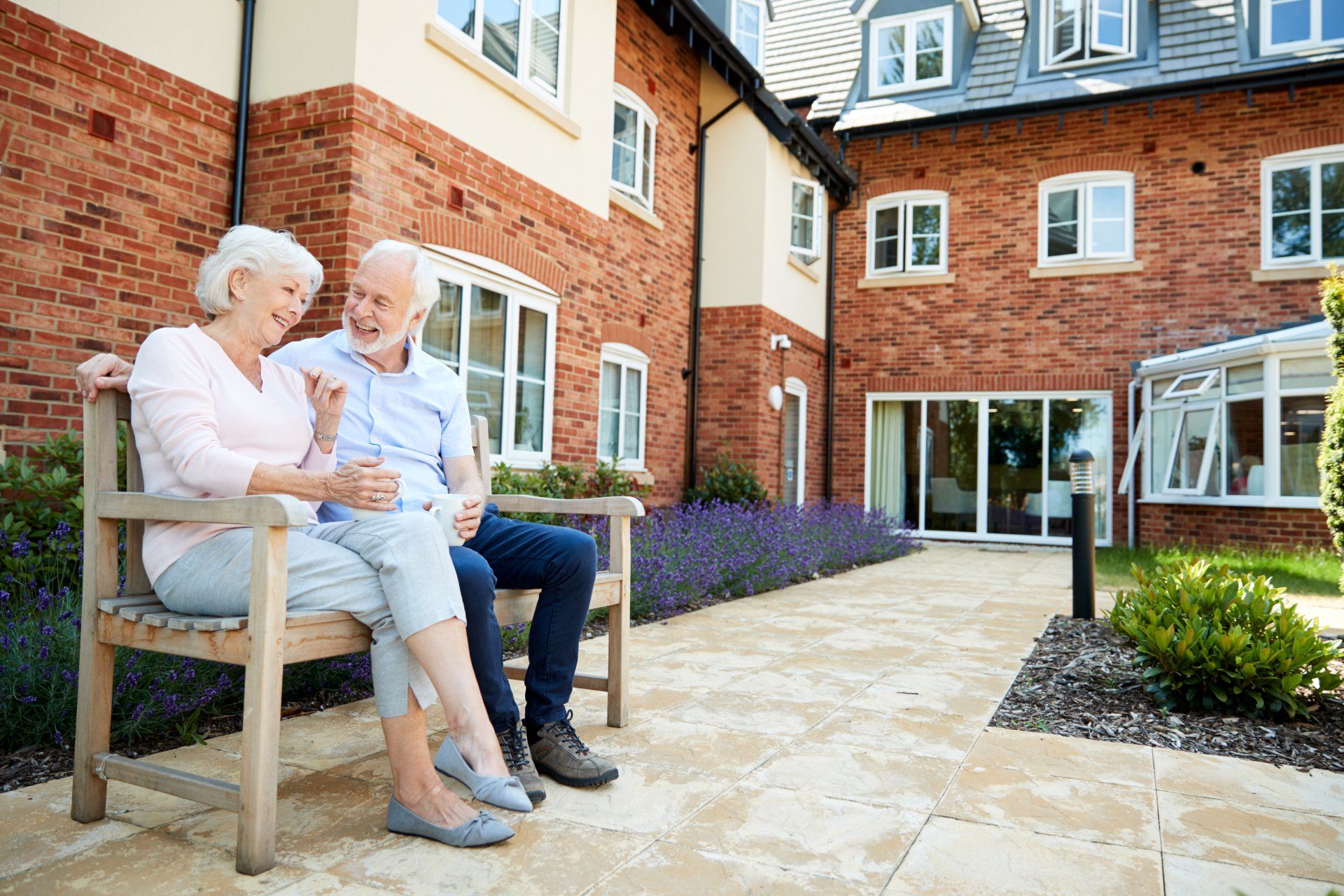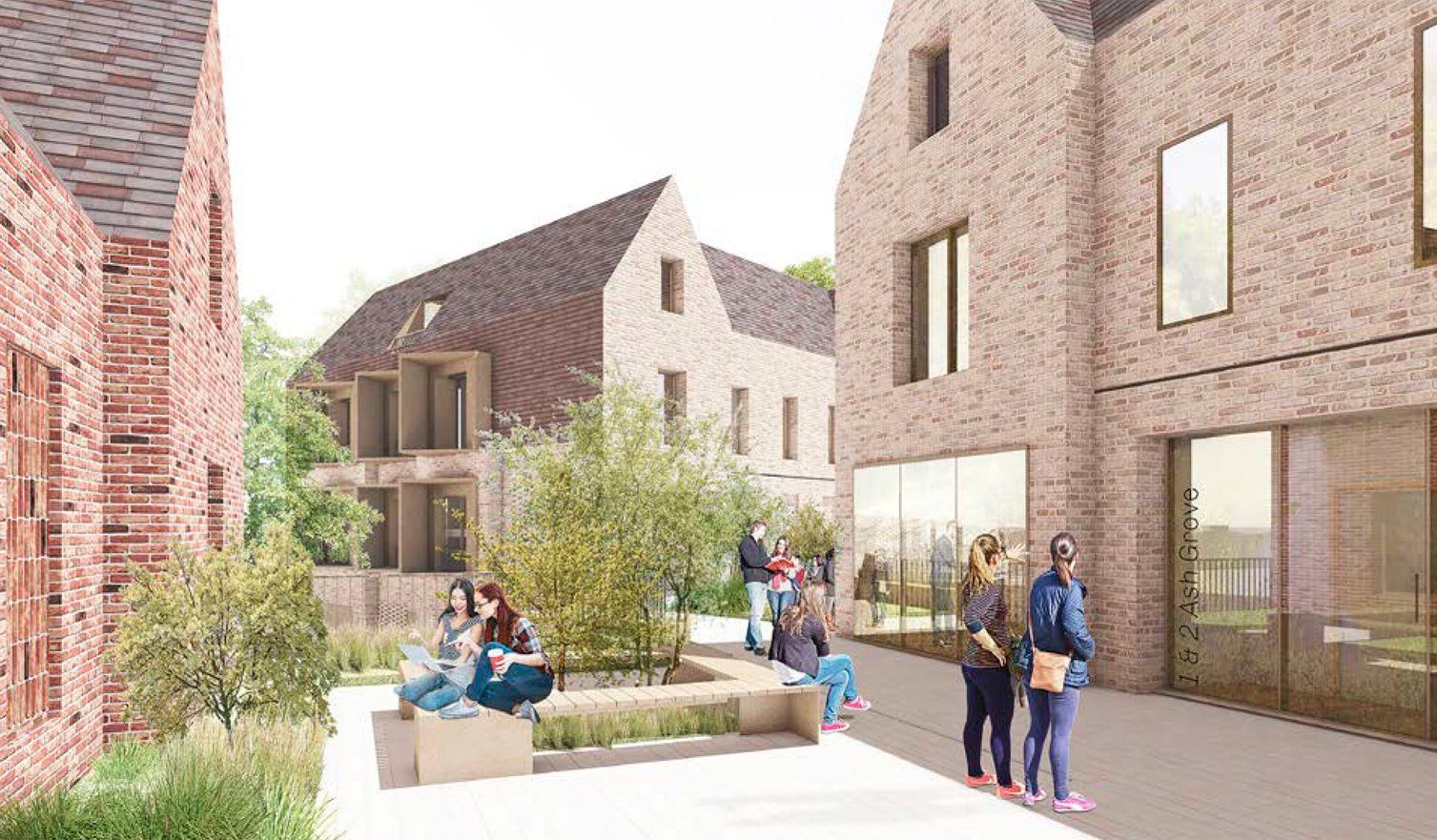Over the last 30 years the retirement housing market has evolved, providing people with an alternative to mainstream housing and care homes. Older people are living longer than ever before due to advances in medicine and healthier lifestyles, also older people can manage easier in residential settings than previous generations. Therefore a traditional care home setting might not be the answer to many people over a certain age and there are now other alternatives than perhaps there were years ago…
Retirement housing provides people with an alternative to private residential households and traditional residential care households. Paul Brundell of Brundell Property states “Retirement housing offers people a choice as it targets older people who either require specialist housing support or care now or will do in the future. These people still wish to keep their independence and they want to feel a sense of community within the residential housing, often activities are a key feature of today’s retirement housing developments.” The main point of the retirement housing developments is that the occupants either own or rent their property but share all communal facilities that the development offers its residents.
The retirement housing sector is growing and is largely driven by the Baby Boomers. It is thought that by 2027 one in five of the population will be aged 65 or over and by 2050 this figure will become one in four. It is also thought that people will generally live longer as well. However the older people get the more chance there is that they are living with either a disability or a Limiting Long Term Illness (LLTI). These illnesses do not warrant the person to move into a care home but they would struggle to cope within their own homes. The illnesses limit what the person can do on a day to day basis and it is thought that around three million could suffer in this way by 2025. Today there are options for older people, such as housing with support, rather than staying in their current home or moving into a care home.
The Baby Boomers are also more affluent than previous generations, largely due to the equity that they hold within their homes. This along with their pensions offers older people choices that their parents or grandparents simply did not have. The Baby Boomers can choose a better standard of living when it comes to their retirement and where they choose to live if they want to move out of their family home. They still want to remain independent so much so that The Colour Report of 2015 showed that 77% of Baby Boomers stated that living life to the full is more important to them than leaving an inheritance for their children. Developers are taking these figures on board and creating developments that meet the needs of the people reaching retirement age. They are building retirement villages that have amazing on site facilities and are finished to very high specifications. However there is a huge gap in the market for high end developments for those people that are wealthy and therefore fall outside of state funded support. Paul Brundell of Brundell Property believes that with many of the Baby Boomers now reaching retirement age the gap is only going to increase.
Countries such as Australia and America have a far more mature retirement living market than we do here in the UK. More than 5% of the over 65’s in these countries live in what we call Housing with Care compared to just 0.6% in the UK. Around 33% of the over 55’s have considered moving to a smaller property, or downsize, within the last five years but only as little as 7% actually moved due to the severe lack of suitable place for them to move to. So more high end developments need to be built to cater for the over 55’s, otherwise there will be a chronic undersupply within just a matter of years. Paul Brundell states that “an undersupply would mean people staying in their current homes and not freeing up much needed family homes within their areas. This is a shame as changes to pensions now allow pensioners to access thousands of pounds of their retirement funds, allowing them to fund the high-end lifestyle that they want into their retirement years.”
So what are the benefits of retirement living? Firstly it offers the over 55’s more independence and more choice. It allows them to plan for their later years, which they may not be able to do if left within their current home. Secondly it helps to combat loneliness. At present there are around 3.5million people aged over 65 living on their own, this can not only affect their wellbeing but also create social isolation. Living within a retirement living complex helps reduce the feelings of isolation and provides a sense of community, which many people living alone yearn for. Also RICS believes that there could be as many as 2.6million homes within the UK that can be released back into the market if the over 55’s had a choice about where they could move to. Therefore the Housing with Care sector needs to expand at a much bigger rate than it is currently doing so otherwise the supply is going to struggle to keep up with the ever increasing older generation.
SHARE:
More News



Let's Talk
Please get in touch with us for more information about any of our developments. We are always looking for new opportunities.
